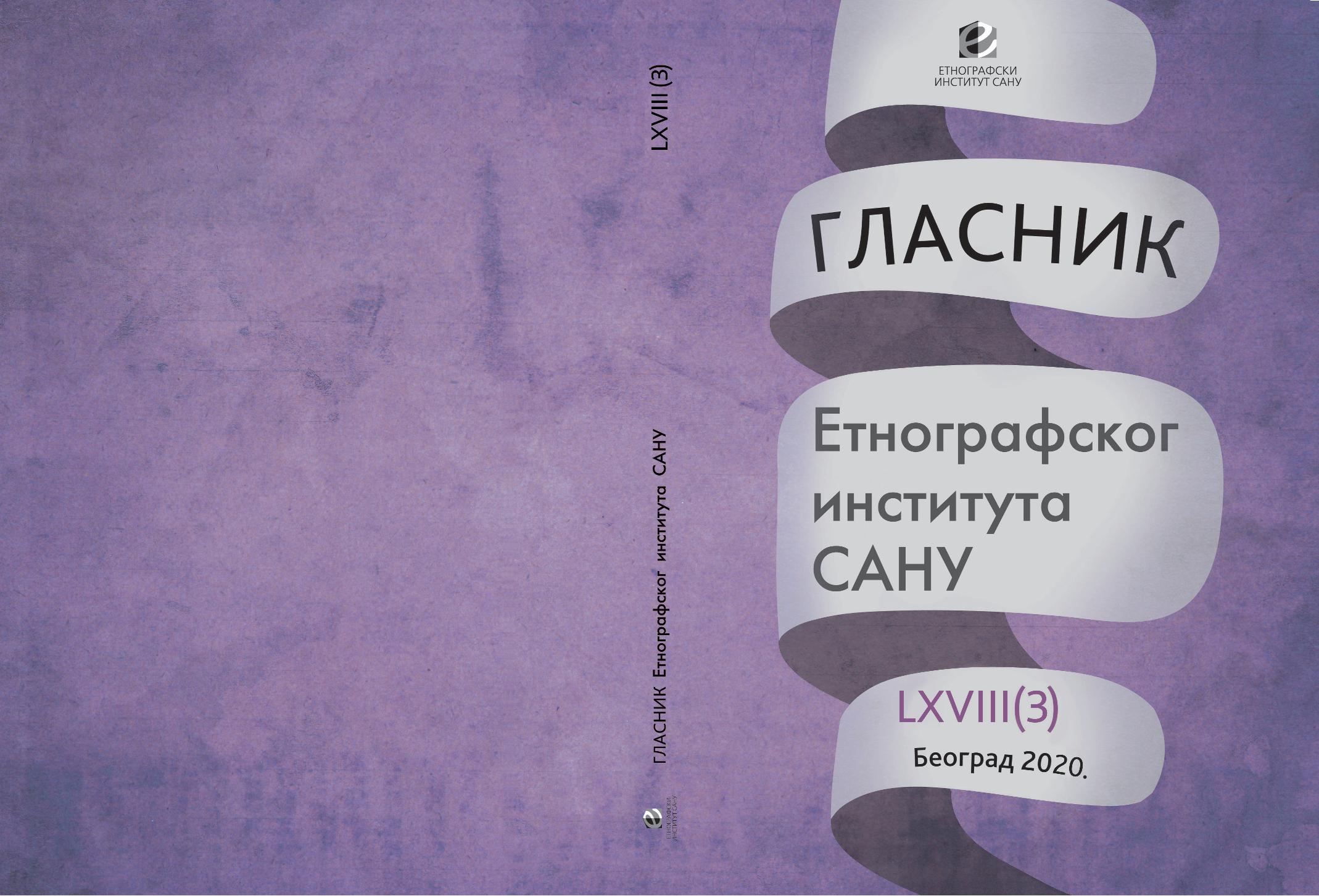Ezan kod Bošnjaka u Srbiji
The Adhan in the Bosniak Population in Serbia
Author(s): Naka NikšićSubject(s): Cultural history, Music, Ethnohistory, Local History / Microhistory, History of Islam
Published by: Етнографски институт САНУ
Keywords: Islamic spiritual music; adhan; fieldwork; ethnomusicology; Bosniaks
Summary/Abstract: The adhan (‘the call to ritual prayer’) originated in Mecca in the seventh century, when it was, by order and instruction of the prophet Muhammad, for the first time, in an exceptionally lovely voice, melodiously performed by Bilal ibn Rebbah, also known as Bilal the Ethiopian. Over time, it became the symbol of testifying to the belief that there is only one god, Allah, and that Muhammad his prophet calls to Islam, as a sign of establishing power over a newly-conquered territory. With the spreading of Islam, the practice of salat, and thus the adhan, has been performed today, in addition to the salat, it is also performed when ritually naming newborns. In the areas which are dominantly inhabited by the Bosniaks in Serbia it still continues to be performed from the beginning of the 15th century. Viewed from the aspect of music, during the performance of an adhan we note the prevalence of various melodious patterns, depending on whether the Turkish or Arabic religious school predominates. The aim of this paper is to point at the importance and role of the adhan in the culture of Bosniaks, and thus argue for its inclusion in the school curricula for music education teaching in elementary and high schools. For this purpose, I use the existing scholarship on this topic recordings of interlocutors, ethnomusicological recordings of performances, as well as the analysis of curricula. I hope that this research will provide a contribute to expanding knowledge of the role of adhan among Bosniaks and understanding this form of Islamic spiritual music.
Journal: Гласник Етнографског института САНУ
- Issue Year: LXVIII/2020
- Issue No: 3
- Page Range: 533-554
- Page Count: 22
- Language: Serbian

